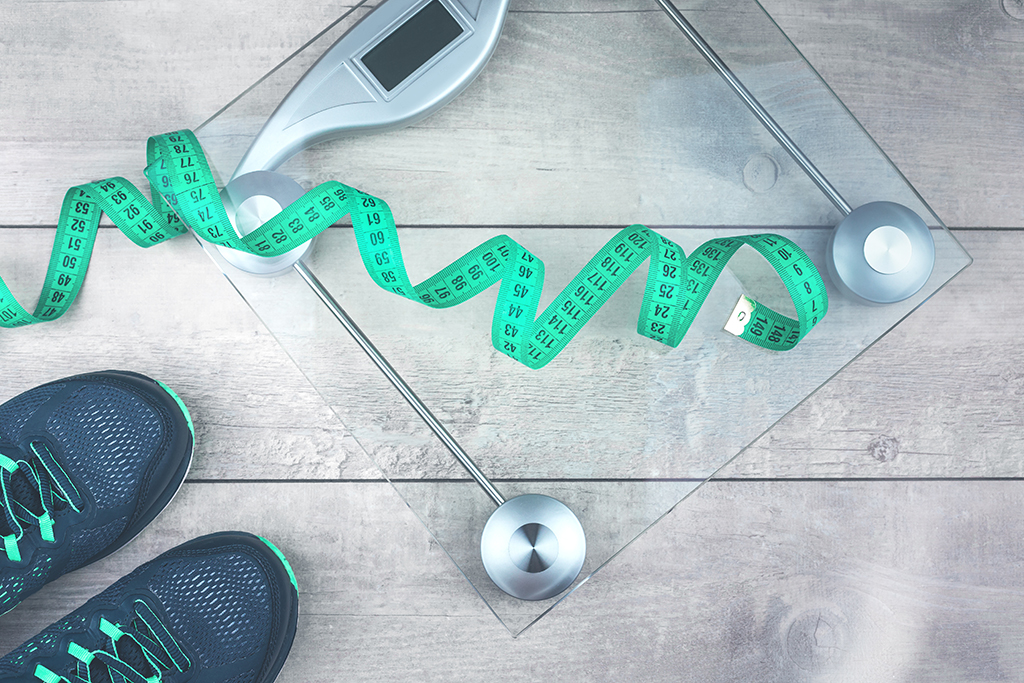Call Us: 647-372-2198
How Do You Store Your Fat?

How do you store your body fat and why does it matter? Most of us won’t know the answer to this question, but what if there was a way to get a better understanding of how much body fat we have, and how it is stored in our body? The answer can also tell us a lot about our overall health.
Fat functions as an energy reserve as well as insulation for our body. Generally, there are two ways that we can store our fat: subcutaneous fat is found just below the skin, and visceral fat surrounds the abdominal organs. We should all aim to have an overall healthy amount of body fat however we are more concerned with visceral fat over subcutaneous fat, as visceral fat may promote an inflammatory environment in the body and higher levels have been connected to an increased risk of various chronic diseases including cardiovascular disease, diabetes, dementia and cancer. Visceral fat promotes an environment in the body that can be conducive to cancer development. Specifically, visceral fat has been found to increase the risk of breast, prostate, colorectal, esophageal and pancreatic cancer. Thus, targeting visceral fat is an important goal in cancer care to prevent onset, progression, and recurrence of disease. It’s important to be aware that visceral fat can be high despite being a healthy weight.
The good news is that regular exercise, both resistance and cardiovascular training, can help to reduce visceral fat and maintain or increase your muscle mass. Here are some tips for those new to resistance training, to help you get started.
Before embarking on a new exercise plan, however, it becomes important to assess your body composition to evaluate not only how much body fat, muscle and water weight you have but also how it is distributed. At our clinic, we use the InBody 770 body composition analyzer to tell us how much muscle, water and fat you have, and how you store it. Having a baseline analysis of body composition can allow you to better establish specific goals and assess progress as you work towards them. For all new patients, this body scan is completed as part of our initial workup - book an appointment with us today to learn more.
Author: Nadia Antonongeli CCNM Integrative Cancer Centre Intern


